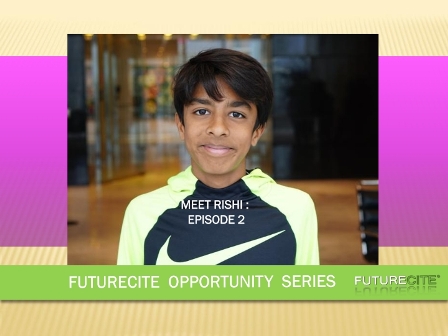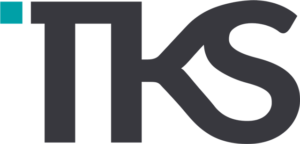
In a world where technology and knowledge changes daily, navigating life balance with learning (inside of schools) and lifeload (outside of school) is key. FutureCite connects with Rishi Mehta, who shares with us his outlook in Episode Series 1 to 3.
In Episode 2, Rishi talks about his interest in AI and why he looks at it as a tool to enable him to still focus on his passion in AVs. He also talks about the need to change and evolve the definition of success for his generation – Gen Z.

Rishi’s Blog
Episode 2
The most recent project I’ve worked on was a Road Sign Classifier which when it sees any road sign, it can determine what it is then obey the command. For example if there was a stop sign, my algorithm would understand that and stop the car. By going through three steps, Preprocessing, the Convolutional Neural Network and the Output, my algorithm can take images that are frames generated by the computer from a video. Then it outputs what sign it thinks it is by choosing the one with the highest probability.
About Rishi Mehta

Rishi is a 13-year-old that is extremely passionate about the emerging technologies of the future. He believes that these emerging technologies define who we are as people and show how much we’ve grown as a society. He started his journey 3 years ago when he was introduced to drag and drop coding. Then it progressed to JavaScript and now, Python. Then he started to look at the world’s biggest problems and that’s when he heard that 90% of all traffic accidents are caused by human error. That’s when he realized that his life work would be pursuing level 5 autonomy and making it a centerpiece of the future. From making Lane Detection Algorithms to Road Sign Classifiers, Rishi is currently learning as much as possible about the world of Autonomous Vehicles.
About the Knowledge Society
 The Knowledge Society (TKS) is a human accelerator that develops unicorn people to solve the world’s most important problems using exponential technologies. TKS Innovators are 13-17 years old and have spoken at some of the world’s largest conferences, are supported by companies like Microsoft and Google, and are working in areas including Brain-Machine Interfaces, Quantum Computing, Artificial Intelligence, Augmented Reality, and Genetic Engineering.
The Knowledge Society (TKS) is a human accelerator that develops unicorn people to solve the world’s most important problems using exponential technologies. TKS Innovators are 13-17 years old and have spoken at some of the world’s largest conferences, are supported by companies like Microsoft and Google, and are working in areas including Brain-Machine Interfaces, Quantum Computing, Artificial Intelligence, Augmented Reality, and Genetic Engineering.




